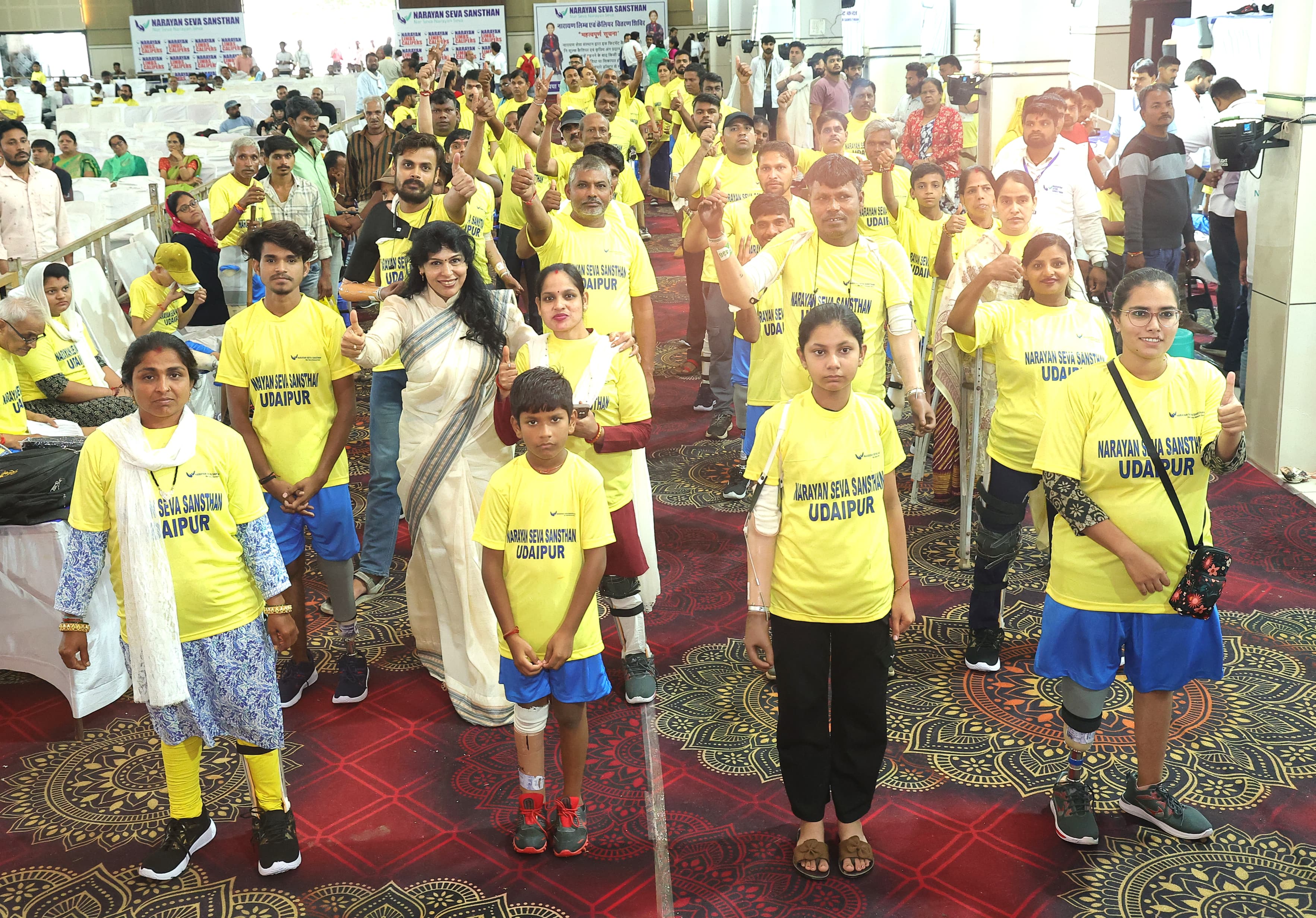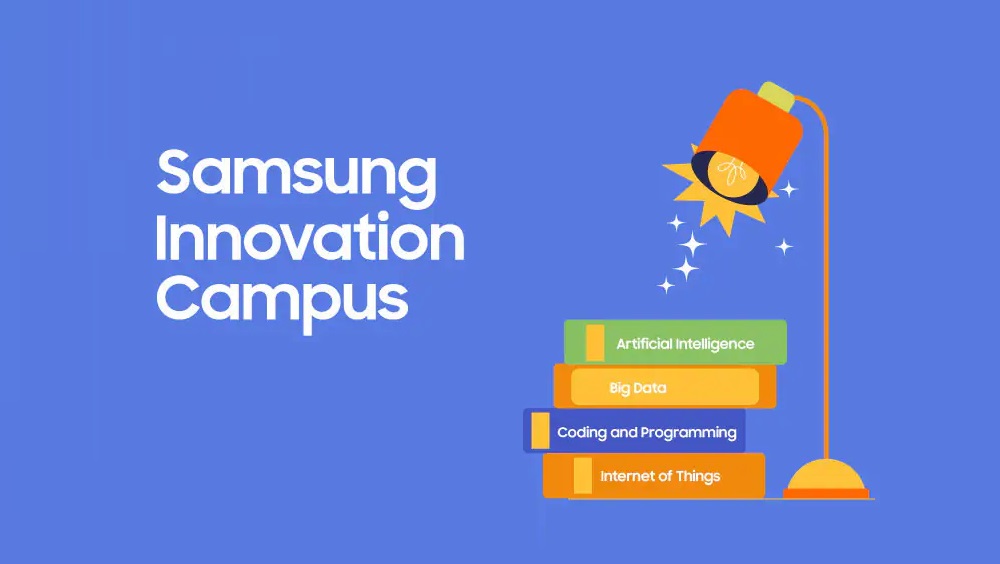Subscribe our Weekly Newsletter
RFP - Mid-term Evaluation of the project: SEWOH

Organization: Sanjeevani Vikas Evam Jan Kalyan Samiti
Apply By: 16 Sep 2025
RFP - Mid-term Evaluation of the project: SEWOH - Improving livelihoods of people with and without disabilities in the hills of Uttarakhand through communitybased inclusive agriculture, India.
About the Organization
Sanjeevani Vikas Evam Jan Kalyan Samiti, is known as Sanjeevani in the state of Uttarakhand, Ranikhet, is a registered development organization working in the rural and hilly regions of Uttarakhand and Himachal Pradesh states in India. Sanjeevani is a non-government social organization, registered under Societies Registration Act 21, 1860, in the year 2000. Sanjeevani has tax exemption certificates registered under 12A, and 80G. Sanjeevani NGO TeamWe have also registered and received CSR Form 1 under Ministry of Corporate Affairs to receive corporate funds under CSR. Sanjeevani has registered under Foreign Contribution Regulation Act (FCRA) and meets all the government compliances every year. Sanjeevani works on multiple themes in social development sectors like education, health, environment, livelihood, rural development, and other areas of development.
About the Proposal
The BMZ/CBM-Sanjeevani project, proposed under the BMZ ‘SEWOH’ initiative—“One World, ZERO Hunger”—aims to sustainably enhance the socio-economic well-being of 2,500 small and marginal farmers (overall objective/impact), including 500 farmers with disabilities, through the promotion of community-based and region-specific sustainable agricultural and horticultural practices as well as community marketing and interest articulation in the Salt and Bikyasen blocks of Almora District, Uttarakhand (Project goal/outcome). Centred on inclusivity and sustainability, the project is structured around 250 Community-Based Inclusive Groups (CBIGs), two Organisations of Persons with Disabilities (OPDs), and two inclusive Farmer Producer Organisations (iFPOs), with strong integration into relevant Indian government development schemes.
The project seeks to demonstrate inclusive, community-driven, and environmentally sustainable food production models. It focuses on training 500 small-scale farmers—150 in open-field farming, 200 in protected cultivation, 50 in beekeeping, 50 in mushroom cultivation, and 50 in aromatic plant farming—who will serve as master trainers and agents of change/multipliers in their communities.
By building the capacity of all 2,500 targeted farming families, both with and without disabilities, the project ensures their adoption of improved agro-horticultural practices, thus increasing the quality and quantity of their agricultural products through training in modern cultivation methods, high-quality seeds, and adapted agricultural equipment. It further guarantees that 500 small and marginal farmers with disabilities are meaningfully included in both state-supported and project-led initiatives that reflect their needs and aspirations and, at the same time, strengthen their capacities to demand their rights. These 2500 families will be organized into inclusive Farmer Producer Organisations (iFPOs) to support collective marketing, jointly using storage and collection points, a refrigeration infrastructure and sales outlets, thereby reducing vulnerability to risks that threaten food security and livelihoods.
Spanning from January 1, 2023, to December 31, 2027, the project is funded by BMZ and CBM, with a total partner budget of €1,239,296. A mid-term evaluation—based on the baseline findings (to be shared post contract finalization)—will assess progress toward key outcomes. The project is being implemented by Sanjeevani Vikas Evam Jan Kalyan Samiti, a Ranikhet-based organization with proven experience in inclusive development. Sanjeevani is currently managing two CBM-supported initiatives in Uttarakhand and has demonstrated expertise in establishing sustainable, community-led structures to improve the lives of marginalized groups, particularly women and persons with disabilities. Of the 2,500 small-scale and marginal farmers participating, at least 500 are persons with disabilities, and no less than 40% will be women. Through demonstration units and training dissemination as well as other project interventions, the project is expected to indirectly benefit nearly 10,500 individuals. By actively involving CBIGs and local gram panchayats, the initiative aims to promote context-specific agro-horticultural practices in nearby communities, contributing to inclusive and balanced socio-economic development.
Indirect target group:
- 5,000 smallholders are made aware of the dangers and problems of chemical agriculture through education and information events;
- 4,000 small farmers from the surrounding villages are informed about siteappropriate agricultural practices through the decentralised demonstration fields and motivated to imitate them;
- More than 1,200 households are reached due to the multiplier effects created by the "Community-based Inclusive Groups (CBIGs)";
- 200 local functionaries, including 'Gram Pradhan' and members of 60 'Panchayats' will be among the indirect beneficiaries;
- 150 government officials from agriculture, horticulture, and animal husbandry, among others, are reached through the project's education and awareness-raising measures
Evaluation objective and intended use
The purpose of this mid-term evaluation is to assess the project's progress against its impact matrix, with a particular emphasis on the OECD-DAC evaluation criteria: relevance, coherence, effectiveness, efficiency, impact, and sustainability. It seeks to identify both the strengths and challenges encountered during implementation and assess how these have influenced the project’s outcomes. The evaluation will also review the interim impact on target groups, highlight areas needing continued focus, and provide actionable recommendations to support the successful completion of project goals within the remaining timeframe and/or to identify lessons and learnings for further steering and strengethening of the project and (potentially) making adjustments during the remaining period of the project implementation.
This evaluation will also evaluate how effectively the implementation strategies and processes are delivering the intended results. Feedback will be collected from project participants and key stakeholders to assess whether ongoing implementation aligns with the project’s original objectives. In doing so, the evaluation may uncover gaps in the inputto-output chain and suggest context-specific measures to enhance progress. It will also examine perceived risks and recommend appropriate mitigation strategies as identified by stakeholders.
Scope of the evaluation
The mid-term evaluation will examine, analyse, and assess the project’s implementation in line with the project plan, covering the period from its commencement on 01 January 2023 up to the scheduled evaluation timeframe, tentatively set for August/September 2025. The evaluation will focus on the following areas:
- Assess the alignment between the planned and achieved project objectives, results, activities, and indicators as outlined in the approved impact matrix (Logframe) and project plan.
- Evaluate the extent to which disability inclusion has been integrated into community-building and livelihood enhancement initiatives.
- Examine the quality and scope of income-generating activities—specifically open-field farming, protected cultivation, beekeeping, mushroom cultivation, and aromatic plant production—with particular focus on infrastructure development, capacity building, and access to government support schemes.
- Review the outcomes of awareness-raising efforts, particularly those promoting disability inclusion, community engagement through Community-Based Inclusive Groups, Organisations of Persons with Disabilities, and Farmer Producer Organisations, as well as the functionality and productivity of project infrastructure (e.g., Model Nursery, Soil Testing Lab, Cold Storage, Pick-up vehicle, etc.).
- Assess the technical aspects of agri-horti-based livelihoods, including the transition from individualised business models to collective approaches, and evaluate the effectiveness of strategies aimed at establishing a functional supply chain for inclusive FPOs.
- Evaluate the motivation and capacity of the established Inclusive Farmer Producer Organisations (iFPOs), especially in managing market access.
- Review the inclusiveness of interventions focused on strengthening persons with disabilities and their representative organisations (OPDs), and assess their influence on stakeholder awareness, attitudes, and policy alignment.
- Identify and analyse key lessons learned that can inform present and future initiatives, especially regarding the inclusiveness and effectiveness of business models and implementation strategies.
- Provide actionable recommendations for managing risks while ensuring project effectiveness, efficiency, and feasibility in similar contexts.
- Examine the cost efficiency of planned project activities and evaluate their impact.
- Highlight relevant lessons learned for application in the ongoing work of the implementing partners and related initiatives.
- Follow up on and assess the status of recommendations from previous monitoring visits (if applicable).
The evaluation will geographically cover individuals, beneficiaries, and stakeholders engaged through Sanjeevani’s project-related activities within the project’s operational area—or a representative sample—specifically the Salt and Bikiyasen blocks of Almora District, Uttarakhand. It will also include relevant district-level stakeholders such as those from the department of Agriculture, Horticulture, Forest, Rural Development and Migration Prevention Commission, Social Welfare, Cooperative, and Animal Husbandry, among others.
The groups listed below represent those who are either direct or indirect beneficiaries of the project interventions, or are key stakeholders involved in project implementation. They also form the secondary audience for this evaluation (either in full or through a representative sample):
- Small and marginal farmers residing in the project areas of Salt and Bikiyasen blocks
- Farmers with disabilities within the project’s catchment region
- Family members of the primary beneficiaries
- Members and leadership of Community-Based Inclusive Groups (CBIGs), Organisations of Persons with Disabilities (OPDs), and Inclusive Farmer Producer Organisations (iFPOs)
- Other project-related stakeholders, such as Master Trainers and personnel involved in facilities like the Soil Testing Lab and Model Nursery.
- District-level officials from departments including Agriculture, Horticulture, Animal Husbandry, Forest, Medicinal Plants, NABARD, as well as representatives from local government bodies/PRIs and NGOs.
- Women participants, both with and without disabilities.
- Market actors including traders, service providers, buyers, and other stakeholders within the inclusive value chain.
Deliverables
The assignment will commence with an initial briefing involving the local implementing partner, Sanjeevani, and CBM, following the submission of the inception report and the development of the evaluation methodology. At the conclusion of the field visit, a debriefing session will be held with the local partner to present and summarize key findings and recommendations.
- The consultant will submit an evaluation plan outlining the detailed methodology in the form of an inception report, following the template provided by CBM, prior to the field visit.
- A briefing session will be held with CBM and the local implementing partner, during which the consultant will present the evaluation plan and methodology.
- The consultant will prepare a draft evaluation report in English, using the prescribed format/template provided by CBM.
- A feedback session will be conducted with key staff from both the local implementing partner and CBM to discuss the main findings and recommendations.
Eligibility
The consultant/evaluation team applying for this evaluation shall have the following qualifications:
- A Master’s degree or higher in a field related to community-based inclusive development and livelihood promotion
- Strong technical knowledge and expertise in the agriculture and horticulture sectors, including value chain development
- Demonstrated experience working with NGOs, INGOs, or government agencies in the areas of community-based inclusive development and livelihood enhancement
- At least five years of proven consultancy experience, with a track record of delivering high-quality, innovative expert advice
- Prior experience conducting evaluations for projects or programmes funded by institutional donors such as BMZ, EU, DFAT, DFID, etc.
- Familiarity with similar programme evaluations and a solid understanding of inclusive Project Cycle Management (PCM) and DAC evaluation criteria
- Experience with participatory approaches and strong facilitation skills are essential
- Excellent analytical skills
- Demonstrated experience in the field of disability and inclusive development
- Understanding of local culture, policies, and legal frameworks relevant to the situation of persons with disabilities in the country
- Strong report writing abilities, with the capacity to write in a clear, concise, and wellstructured manner
- A proactive attitude and the ability to work with persistence
- Fluency in spoken and written English is essential; proficiency in local languages (at least Hindi) is a significant advantage
- Ideally, the evaluation team should be gender-balanced and include at least one person with a disability.
How to Apply
Interested consultants shall submit a proposal (technical and financial) to the following address India.liaisonoffice@cbm.org by 16th September, 2025. The offer shall include the following components.
- Demonstrated understanding of the Terms of Reference (ToRs)
- Proposed evaluation methodology and timeline
- Consultant profile, including full name, physical address, contact number(s), and details of the proposed team members along with their CVs
- Description of the proposed evaluation approach
- Proposed structure for implementation and detailed work schedule
- Confirmation of availability within the specified timeframe
- Financial proposal covering the evaluation fee, applicable taxes, travel, accommodation, meals, local transport, and related expenses
- Estimated costs for local incidentals, such as refreshments during interviews and venue rental fees.
Only fully completed applications will be taken into consideration. During the selection process, the contractor may request references and/or samples of previous work and evaluation reports. If the proposed and approved team members are unavailable at the start of the evaluation and no suitable replacements are offered, the contractor reserves the right to terminate the contract. The consultant or evaluation team is required to fully adhere to and sign the Code of Conduct and Child Safeguarding Policy of the partner organization and/or CBM, along with a formal commitment to uphold data security and privacy standards.
For more information please check the Link
Join us for the 12th Edition of India CSR & ESG Summit 2025 | Register Now
Latest Online Store
Latest Grants
Latest News
© Renalysis Consultants Pvt Ltd

























.jpg)
